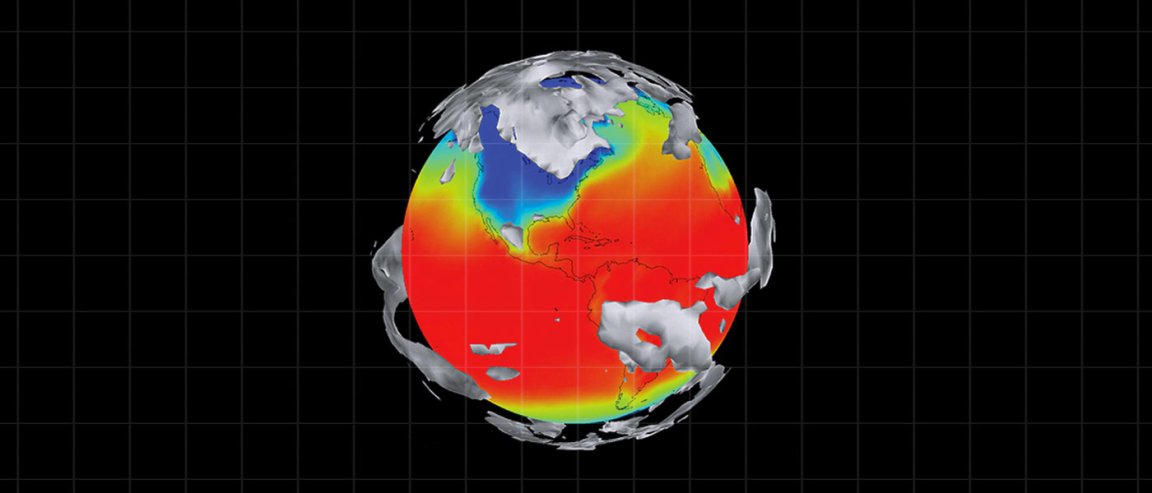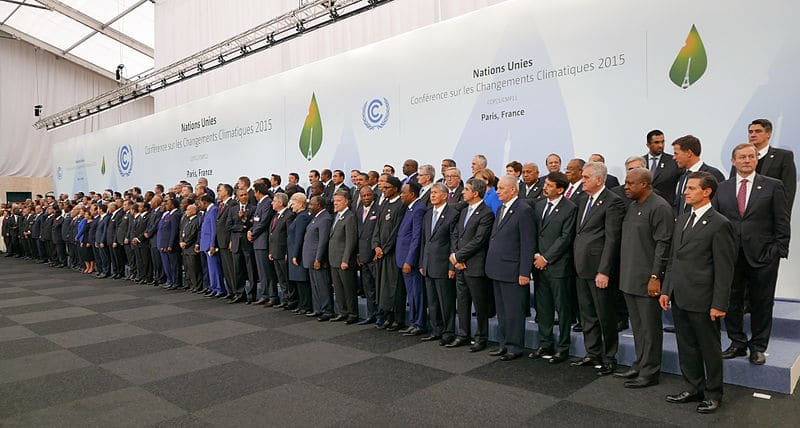
Not the Time for Lenience
With this year’s Climate Change Conference concluded, scientists have issued a reminder that now is not the time to sit back. The Paris agreement, which set out a global action plan to put the world on track to avoid dangerous climate change by limiting global warming to well below 2°C, offers hope in curbing our carbon footprint in the decades to come. However, scientists warn that this optimism could easily be snuffed out unless monitoring systems are developed and strictly enforced.

Specifically, they say the world should look at how Europe handled its climate monitoring system, and learn from their challenges if we want long-term success. Currently, Europe has the most advanced climate monitoring system in the world.
Earlier this year, researchers from the Tyndall Centre for Climate Change Research published a paper outlining one of the biggest hindrances Europe faced in its climate change efforts. They argue that climate policy monitoring and reporting to the UN are crucial to the success of the Paris agreement, but are also two of the most underestimated, problematic, and contentious issues in practice. Without a credible and transparent monitoring system, it’s hard to build trust between countries or confirm whether everyone is holding up their end of the deal.
In Good Faith: Can We Trust Each Other?
Environmental issues cannot be solved without political backing. Tyndall co-organizer and University of East Anglia PhD researcher Jonas Schoenefeld says, while many countries signed the agreement, a simple pull-out is detrimental: “Disengagement or even withdrawal could therefore imperil the whole agreement and have grave ramifications for the set-up of a strong monitoring system.”
With president-elect Donald Trump blatantly denying climate change and allegedly seeking ways to pull the US—a power player in the global effort—out of the Paris agreement, the treaty is trudging on shaky ground. Former French president Nicolas Sarkozy threatened to impose carbon taxes on US imports should this happen.
That nearly 200 countries came together and made the pledge was a historic moment, but without clear penalties for non-compliance, this renders the Paris agreement virtually non-binding. Consistent, unrelenting efforts must be made to ensure that we are keeping up with the pledge. Signing the pledge was a start, but now we have a lot of work to do.